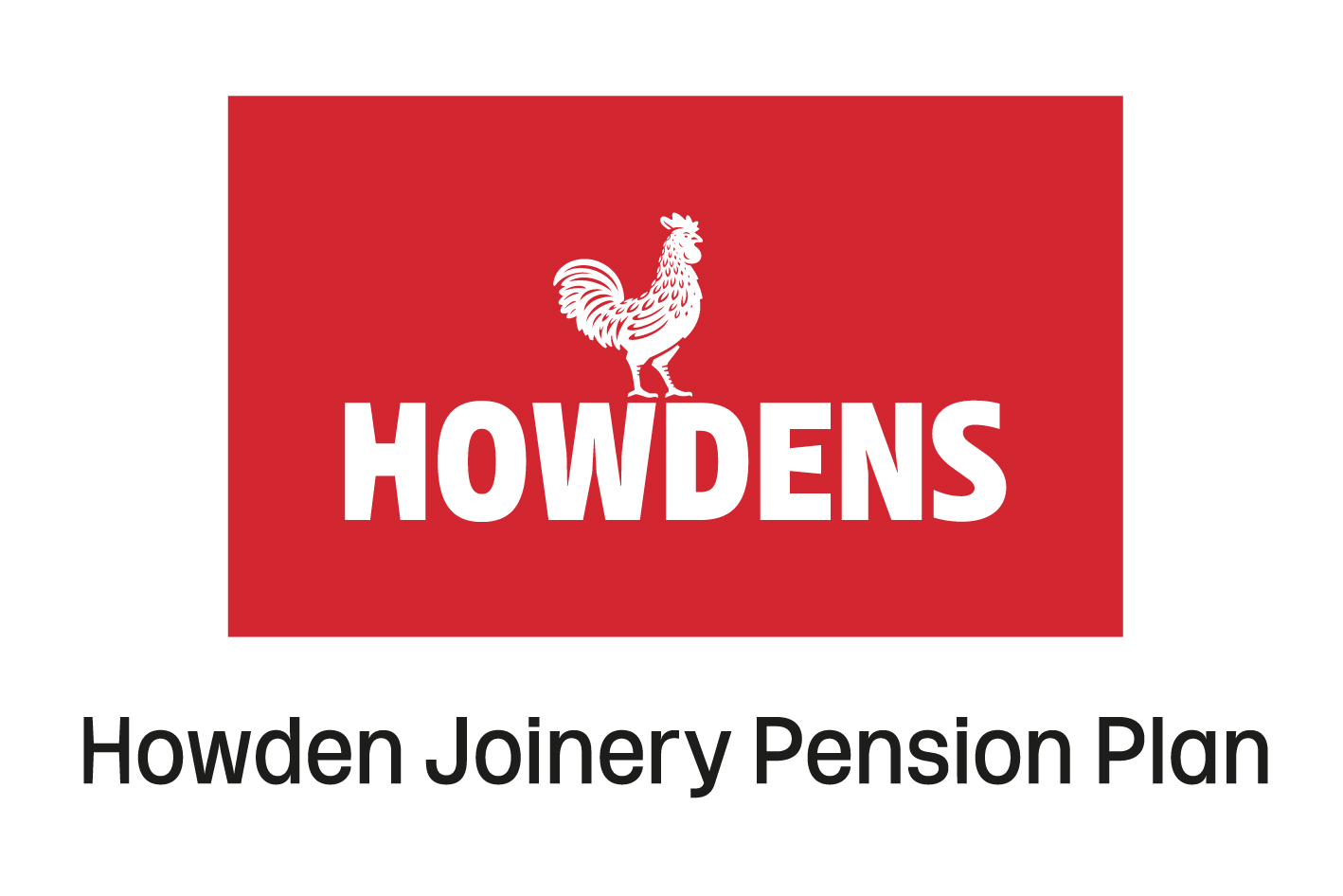You can usually take up to 25% of your pension savings, currently tax-free. However, any pension income above this (whether from the Plan, an annuity, drawdown or taxable cash) is taxed in the same way as earnings. However, unlike earnings you do not make National Insurance contributions on your pension income. You will pay tax at your marginal tax rate, which will depend on the amount of income you receive from all sources.
Please note if you are currently employed and receiving a salary, taking your pension could potentially mean that you move up to a higher tax band. In addition, if you decide to take all of your Plan pension savings as a cash lump sum in one go, this could mean that you end up paying more tax, as you may move up to a higher tax band.
There is a maximum amount set by the Government that can be taken tax-free from all pension arrangements of £268,275 called the Lump Sum Allowance. Further information about this is available on the Government website here. The Trustees are unable to advise you on tax matters.

